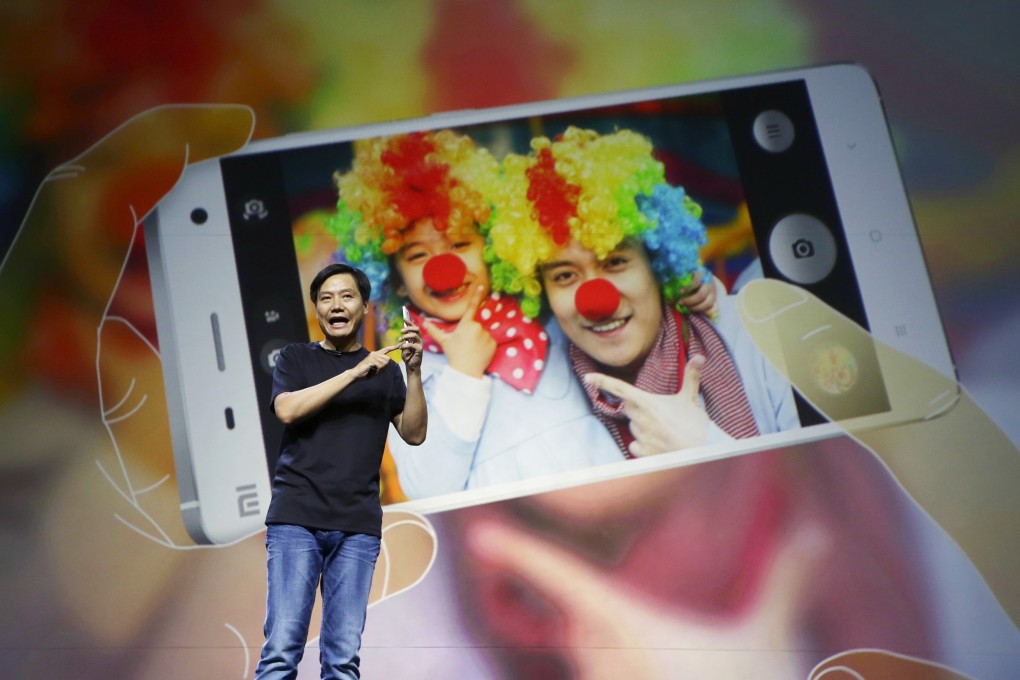Corporate China | Xiaomi hit by more copycat allegations
New copycat claims by a Japanese air purifier maker reflect the kinds of challenges Xiaomi will face as its profile rises, slowing down its global expansion and potentially undermining its cool image.

The last couple of months have been a tough time for smartphone sensation Xiaomi, which is becoming a growing target of accusations that increasingly portray the company as China’s leading copycat. The latest such accusations are coming from a Japanese firm, which says its designs were ripped off for a new line of high-tech air purifiers that Xiaomi announced earlier this week. Those allegations come the same week that Xiaomi was penalised in India for illegally using patented technology from telecoms equipment giant Ericsson (Stockholm: ERICb), and two months after Xiaomi was slammed by a top Apple (Nasdaq: AAPL) executive for being China’s copycat supreme.
If there’s anything positive to say about all these new attacks, it’s probably that Xiaomi is fast emerging as a sort of “teflon company” that doesn’t ever seem to suffer negative effects from such negative publicity for too long. The growing number of attacks also reflects the fact that Xiaomi is drawing growing attention on the global stage, as it attempts to compete with world leaders like Apple (Nasdaq: AAPL) and Samsung (Seoul: 005930).
Xiaomi has responded to the allegations with its own statement that, like previous replies, looks rather weak to me, saying its air purifiers have many different features from Balmuda’s. Anyone sensing deja vu in this case is probably thinking of the Apple incident back in October, or the more recent copycat allegations from Ericsson earlier this week.

